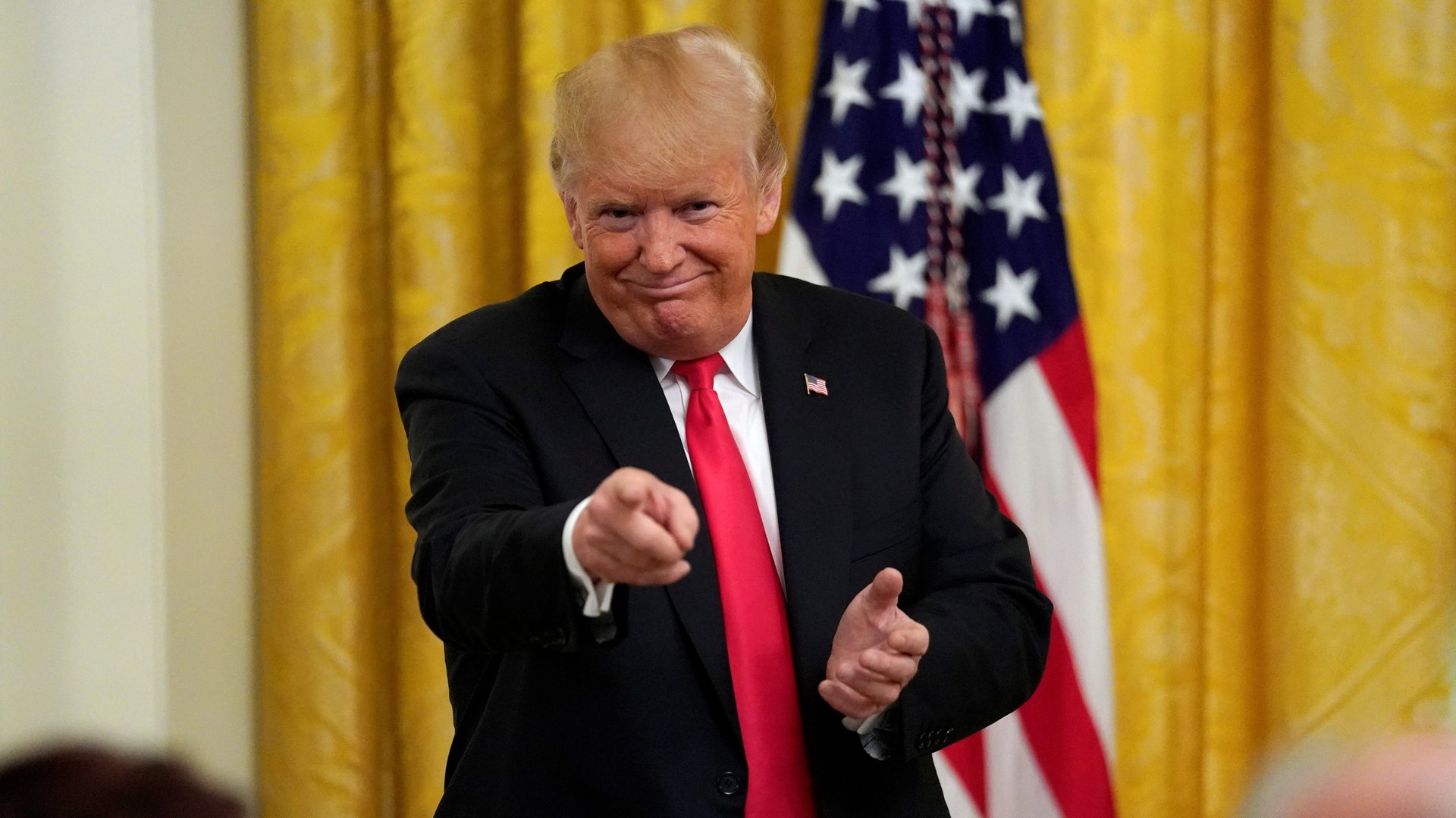Donald Trump has set the wheels in motion to scrap the H-1B lottery
With less than two weeks left in office, the Donald Trump administration dealt another blow to H-1B aspirants.


With less than two weeks left in office, the Donald Trump administration dealt another blow to H-1B aspirants.
The US Citizenship and Immigration Services (USCIS) on Jan. 7 announced a final rule modifying the H-1B visa cap selection process. As against the current randomised lottery system, the newer system will prioritise wages to protect US jobs and ensure only the creme de la creme are allocated H-1Bs, according to the notification.
“The current H-1B random selection process makes it difficult for businesses to plan their hiring, fails to leverage the program to compete for the best and brightest international workforce, and has predominately resulted in the annual influx of foreign labour placed in low-wage positions at the expense of US workers,” said USCIS deputy director for policy Joseph Edlow.
This final rule will be effective 60 days after its publication in the Federal Register, on March 9. Going by this timeline, the system would come into effect before this year’s H-1B cycle. That is, of course, unless incoming president Joe Biden suspends or rescinds it after assuming power.
“The announcement, which comes with less than two weeks left in president Donald Trump’s tenure, is the latest effort to bar the entry of immigrants to the US,” New York-based immigration attorney Neil A. Weinrib wrote in his Jan. 9 newsletter. “However, it is widely expected that the incoming Biden administration will rescind the implementation of the rule.”
To sue or not to sue
The randomised lottery was first introduced in 2008 when the USCIS first received more applications than the 85,000 visas allocated annually. The limit has been surpassed every year since 2014.
The practice has been criticised for a while now as it is believed that the random selection allows several foreign workers to get entry-level jobs and inch their American counterparts out (though there is overwhelming evidence to the contrary). A wage- and skill-based system is believed to give precedence to merit.
While the USCIS has shared some guidelines around how it will evaluate skills and wages depending on occupations code an areas of intended employment, there is still some fine print missing from Trump’s latest rule which opens it up to legal challenges.
There is no clarity on how they will choose between same level positions across occupations, according to Poorvi Chothani, managing partner at immigration law firm LawQuest. For instance, when choosing between a doctor and an engineer who are both at the same level of experience and compensation, would the healthcare worker get priority?
While immigration experts expect pushback, it’s not clear who will actually step up and fight.
Silicon Valley bigwigs like Google, Facebook, Microsoft, and Apple receive a sizeable proportion of H-1B talent. They’ve also been vocal against Trump’s constant crackdown. These deep-pocketed tech giants are the most well placed to take the fight to court.
However, these are also the companies paying hefty salaries so most of their employees will likely make the cut even with the new processes, experts said. It’s mostly IT workers with Indian companies who are hired in entry-level positions that will face a tough time.
“On one hand, we have companies that have the clout to litigate but choose not to as they employ highly paid H-1B workers,” said Chothani. “At the other end of the spectrum, we have companies that should challenge the new selection process but are most diffident about litigating against the government.”